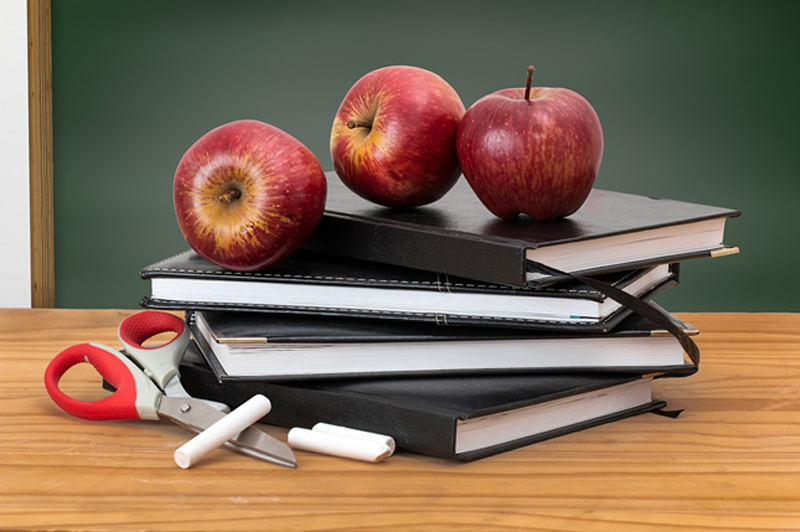
Alcohol has a side that is not fun.
And no, we are not talking about drunken traffic trouble or those murderous hangovers the day after. Nope; alcohol makes you fat. Did you know that? Of course, it is a huge part of any college socializing, and if you are of legal drinking age, we are not about to get on a perch here and preach abstinence. Have fun!
Just keep in mind that alcohol has no nutrients, but is jam packed with calories and boosts fat storage in your body. It can even mess up your hormones (get in the way of their regulation) if you go overboard. This, in turn, will wreak bloody havoc on your sleep pattern and any weight loss plans, and will negatively affect muscle mass building.
Moreover, cocktails and mixed drinks tend to be sugar grenades. Energy drinks, premade mixers, and regular soda are horrible options. Cut your liquor with some sparkling water and lime juice instead, and go for light instead of regular beer.
Do not skimp on your sleep.
Okay now, to be fair, we are probably wasting words on this one, because can you even call yourself a college student if you are not sleep deprived at least eighty percent of the time? Even so, aim for an average of six hours of sleep per night, whenever you possibly can.
If you get any less, whatever dieting efforts you made will go to waste. Sleep deprivation throws off those hormones that control your metabolism as a whole, and your appetite and cravings in particular. You can get a more in-depth look at this problem in this informative study.
On those horribly hectic days when you really cannot sleep properly, do your best to take a nap at some point during the day. Even if it turns out to be impossible to get back home or to your dorm room, bring a hoodie or a scarf to make a portable dark nook around your head. Also consider bringing along some earplugs, or at least earbuds or headphones to drown out the surrounding noise.
No skipping your breakfast, guys.
In fact, no skipping any of your meals, okay? Not eating is actually completely useless if you are aiming to lose excess weight (in fact it promotes weight gain as a survival mechanism), and it is outright damaging to your health on so many levels. So just throw that idea right out of your head. For many malnourished college kids, the problem is not so much eating unhealthy food, as it is going for inordinately long stretches of time between eating – whatever you happen to eat that day.
For the best mood and brain functionality levels, you should strive to eat something ever three to five hours. One awesome solution for busy mornings, when you likely have zero time for making nutritious salads and rich omelets, is to have some oatmeal on hand in your dorm room. Cut the artificial and processed sugars by opting for the unflavored types, and then jazz them up with some nuts, cinnamon, berries, or your favorite fruit of the season. You can also fall back on oatmeal for an on the go quick meal between lectures – just ask for some hot water and a to-go cup; most cafes will give them off for free or almost free.
Be smart with your snacks.
Snacking through the night is often the only way you can get through the finals week cramming sessions, and we totally get the cravings, too. Go right ahead and snack away! Even experts like DFK will tell you that healthy snacks are a good thing.
However, experts will also tell you to watch what you snack on, and they will be right. Avoid stuff with lots of sodium, fat, and sugar. Instead, opt for a healthy mix of protein and fiber in the shape of portable, easily accessible snacks in your room, bag, and favorite library nook.
These include fruit (especially apples), nut butter, whole grain crackers, hummus, carrots, low fat string cheese, Greek yogurt, berries, and unsalted nuts (hazelnuts, walnuts, and almonds are the most popular brain booster nutty snacks out there). Even popcorn works, if you can avoid the kettle corn and buttered versions.
Keep up with your water intake.
Believe it or not, plain old water does just as great a job at keeping you awake as soft drinks or energy drink cans. These things make your blood sugar oscillate wildly, so they actually crash your energy levels while boosting your hunger and weight gain.
If you absolutely need caffeine, stick to coffee and tea with minimum sugary additions. Your best option is to get a reusable water bottle (double bonus: you save money and the environment!), and if you really need flavor, throw in some mint, berries, orange, or other fruit.
Find a way to keep moving.
If time is money for adults, for college kids it is the very breath of life. Who has time for gym when you barely have time to sleep? However, you need at least 30 minutes of moderate activity every day.
See if you can take a dance or fitness class – you get exercise plus credits! Take a walk around campus to catch up with a buddy, or walk to and from your classes instead of driving. Park further away on purpose. Take the stairs wherever you can find them, take seats higher up in the library or auditorium. If you live in a rental, boycott your elevator. Find the small opportunities and exploit them to the max.
Comments
comments